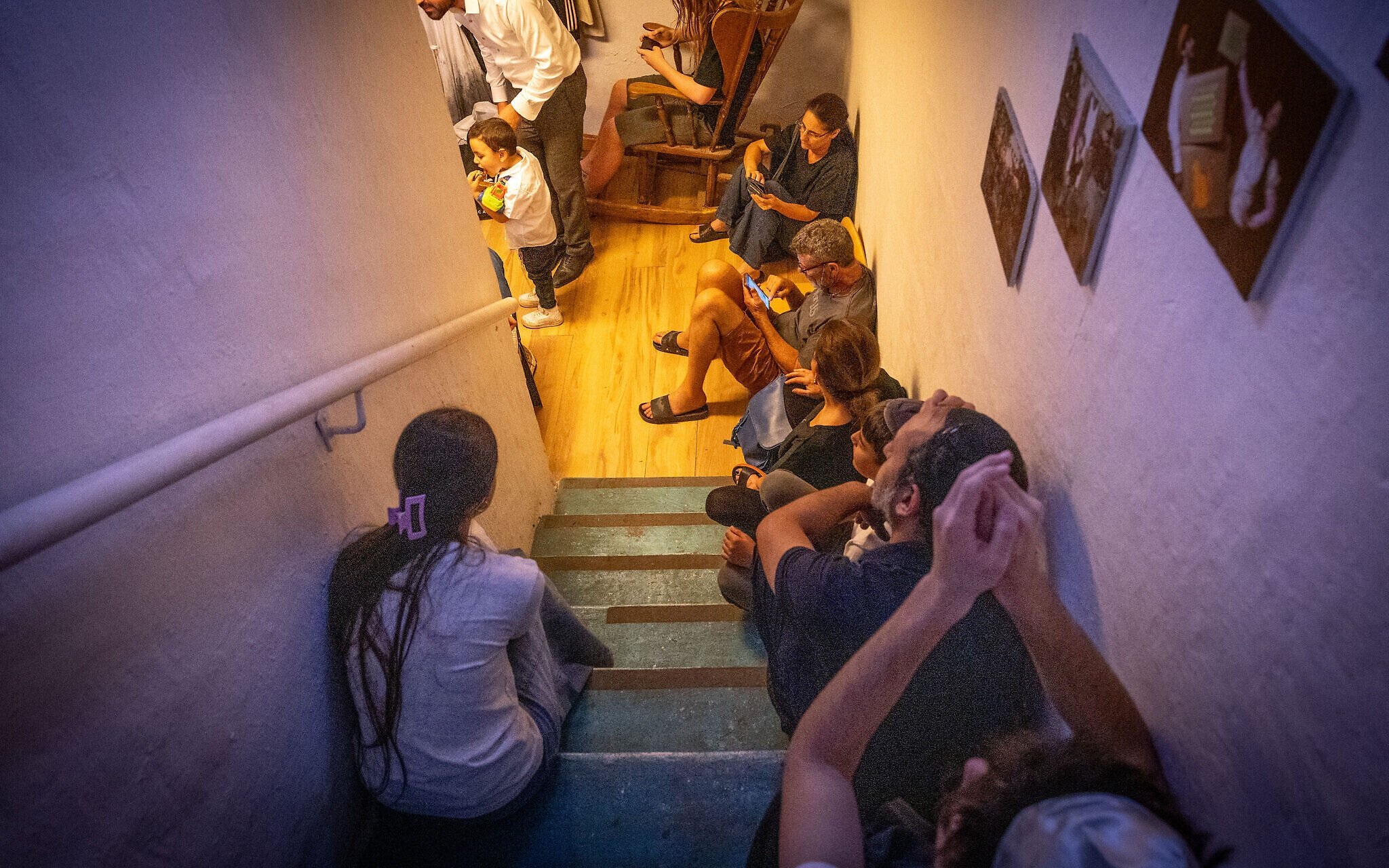In a significant step toward normalization after days of high tension, the Israel Defense Forces’ Home Front Command announced Tuesday, June 24, 2025, that civilians across the country are no longer required to stay near bomb shelters.
According to online media sources, the decision follows the assessment that the immediate threat of missile attacks from Iran has subsided, for now.
The announcement marks a turning point after nearly two weeks of heightened alert and anxiety, triggered by Iran’s unprecedented missile barrage on Israeli territory.
In total, six coordinated salvos were launched by Tehran, some of which caused devastating damage and civilian casualties in parts of the country, particularly in the south.
Until now, Israeli citizens had been living under strict emergency guidelines, especially those in the north and central regions.
Families slept in reinforced rooms, schools and businesses operated under limited capacity, and daily life had ground to a cautious halt.
Sirens, missile warnings, and sudden dashes to shelter had become a routine part of civilian existence.
However, with the latest developments in regional diplomacy, including a ceasefire agreement between Iran and Israel brokered by U.S. President Donald Trump, the IDF believes the threat has decreased to a manageable level.
“Nationwide, civilians no longer need to remain close to bomb shelters,” read the Home Front Command’s official update issued Tuesday morning.
Still, caution remains.
The Command emphasized that civilians in Israel’s northern region, closer to the Lebanese and Syrian borders and thus more vulnerable to additional threats, should remain near shelters as a precautionary measure.
“Residents of northern communities are no longer required to stay inside shelters, but they should remain within quick access until further notice,” the statement read.
The military’s decision is based on a thorough review of intelligence and strategic assessments conducted after Iran’s latest ballistic missile strike.
That strike, while reportedly being part of a broader retaliatory campaign by Tehran, appears to have marked the conclusion of immediate hostilities under the terms of the newly brokered ceasefire.
Over the past 12 days, Israel and Iran engaged in one of the most intense direct confrontations in their history.
The conflict erupted after Iranian operatives launched a cross-border attack, prompting a series of escalating military responses from both sides. The Israeli Air Force carried out extensive bombing runs deep into Iranian territory, targeting what it claimed were military and nuclear-related sites. In response, Iran fired multiple waves of long-range missiles, some of which hit populated areas in Israel.
As a result of the missile attacks, at least 29 people in Israel were killed and more than a thousand injured.
The psychological toll on the population, especially children and the elderly, has been profound.
Thousands of civilians have remained in bomb shelters or safe rooms for over a week, with public gatherings canceled, transportation routes altered, and airspace frequently closed to commercial flights.
Now, with the ceasefire appearing to hold and no new attacks reported since early Tuesday, the Home Front Command is beginning to relax emergency protocols.
However, officials caution that the situation remains fluid.
“We are not declaring victory or peace,” an IDF spokesperson said at a press briefing.
“We are adapting our guidelines based on current intelligence.
“This could change if threats re-emerge.”
The move is being viewed domestically as a tentative step toward healing and a cautious return to normalcy.
Schools in many regions are set to reopen under modified safety conditions.
Public transportation is gradually resuming full operations, and airlines are beginning to schedule regular flights through Israeli airspace once again.
Still, many Israelis remain wary.
“We’ve heard this before—stand down, then run again to shelter an hour later,” said Tamar Levy, a teacher from Haifa.
“We want to believe it’s over, but we’re not letting our guard down yet.”
International observers are also watching closely, particularly given the broader implications of the ceasefire deal.
Though the agreement was reached after intense diplomatic efforts, it remains to be seen whether both nations will uphold their commitments over the coming days and weeks.
For now, though, after nearly two weeks of uncertainty, the easing of shelter restrictions offers a glimmer of relief for a population that has lived under the shadow of sirens and missiles for far too long.







